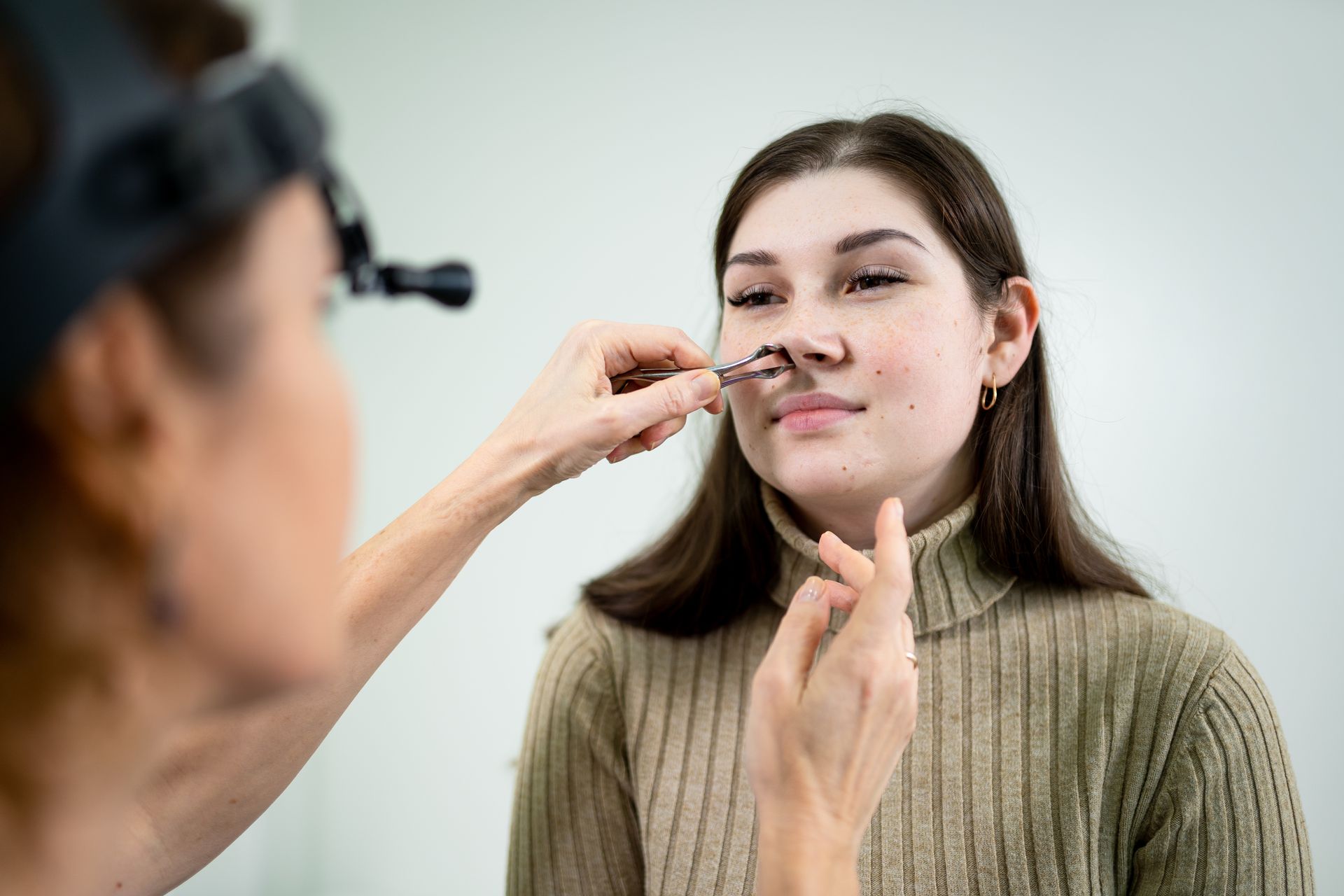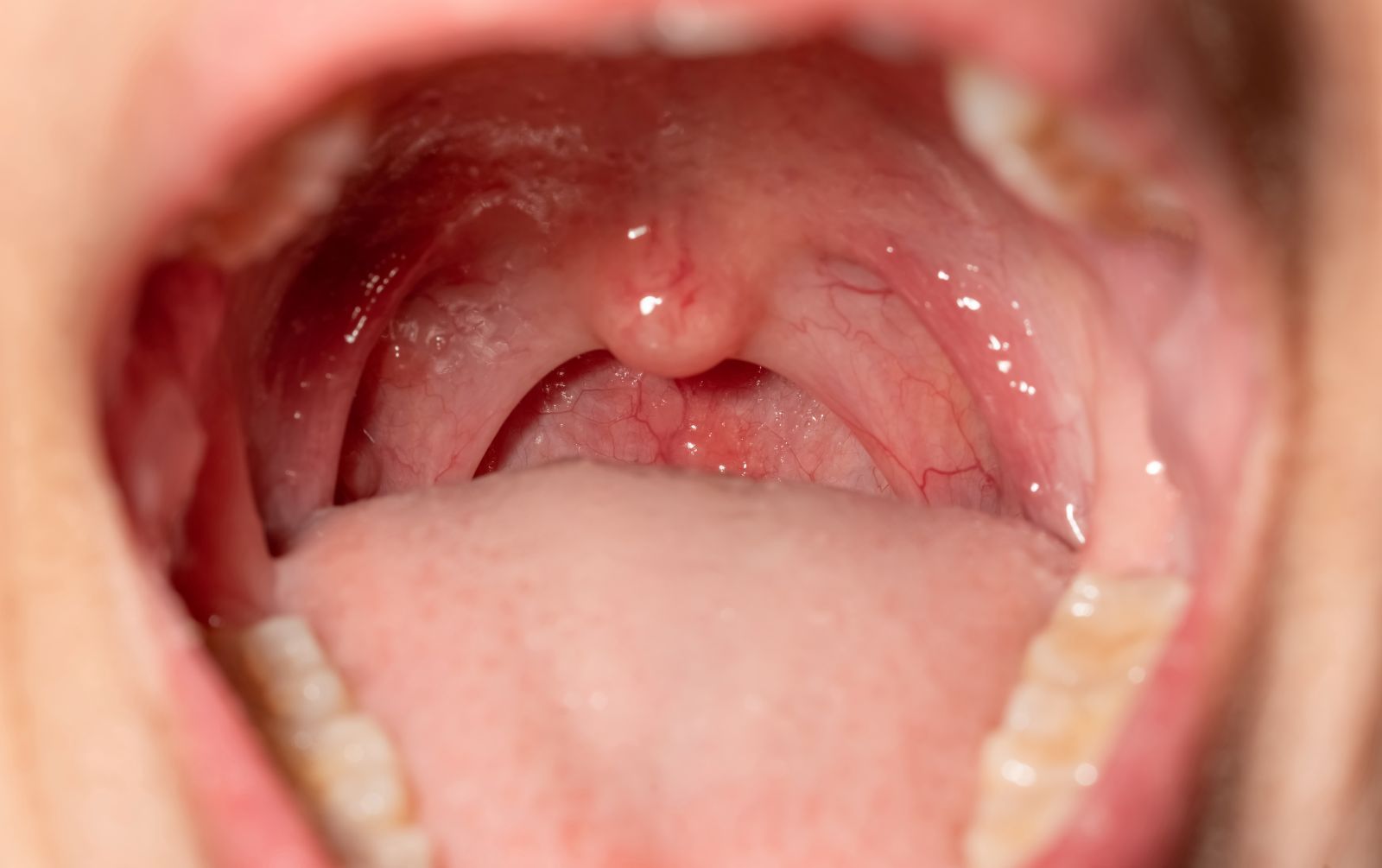Do Sinus Infections Go Away on Their Own?
Have you ever found yourself battling a stuffy nose, facial pressure, and headaches? You might be dealing with a sinus infection! But the big question is: will it resolve on its own, or do you need to see a doctor? Read on to discover whether sinus infections typically clear up without intervention.
Understanding Sinus Infections
Sinus infections, clinically referred to as sinusitis, are very common. About 29 million Americans are diagnosed with sinusitis each year! It happens when the lining of the sinuses (the air-filled spaces in your skull around your nose) gets swollen or inflamed. This swelling can be caused by different factors including viral infections (like the common cold), bacterial infections, allergies, or irritants such as smoke and pollution.
When your sinuses swell, they can get blocked, leading to annoying symptoms such as:
- Nasal congestion (stuffiness)
- Thick nasal discharge that may be green or yellow
- Facial pain or pressure, especially around your cheeks, forehead, and eyes
Other signs can include a reduced sense of smell or taste, persistent headaches, coughing, and fatigue.
Do They Go Away on Their Own?
The answer depends on the type of sinus infection you have and its underlying cause.
Acute Sinusitis
Acute sinus infections lasts less than four weeks and often resolve on their own without treatment. Most cases are caused by viral infections, which typically improve within 7 to 10 days as your immune system fights off the virus. During this time, it’s important to manage symptoms with home remedies like:
- Staying hydrated
- Using saline nasal sprays
- Applying warm compresses to the face
- Taking over-the-counter pain relief medications
If the symptoms worsen after initial improvement, it may be a sign of a bacterial infection. In such cases, medical evaluation is recommended.
Chronic Sinusitis
Chronic sinus infections, which persists for more than 12 weeks due to ongoing inflammation, allergies, or structural issues in the nasal passages, are less likely to resolve on their own. They often require medical intervention to address underlying causes. Treatment options for chronic sinusitis may include:
- Nasal Corticosteroids: To reduce inflammation.
- Antibiotics: If a bacterial infection is present.
- Allergy Management: Identifying and treating allergies that may contribute to chronic symptoms.
- Surgery: In severe cases, surgery may be necessary to correct structural problems or remove blockages.
When to Seek Medical Help
While many acute sinus infections resolve without medical treatment, it’s advisable to consult an ear, nose and throat (ENT) doctor if symptoms last longer than 10 days without improvement or if sinus infections occur frequently. Taking proactive steps can help ensure a quicker recovery.
If you have questions or are experiencing persistent sinus symptoms, the team of experts at
Kentuckiana Ear, Nose and Throat are ready to provide top-tier sinus care.
Schedule an appointment online or call them at 502-894-8441.













